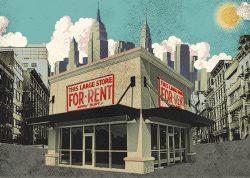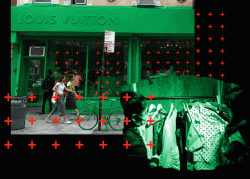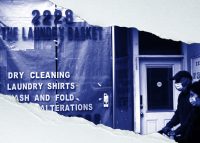Foot traffic in stores on Black Friday was about a half of what it was last year.
But the decline in spending at physical stores was not as bad, according to the Wall Street Journal, citing findings by several analytics firms that track retail.
Spending outpaced foot traffic because shoppers were more likely to purchase at the stores they did visit, said Brian Field, a senior director at Sensormatic Solutions, a tracking firm with cameras in stores.
“Customers, if they chose to shop in stores, they chose to be a little more thoughtful about where they wanted to shop,” said Field, whose firm’s research showed a 52 percent decline in in-store traffic on Black Friday compared to last year.
Read more



According to RetailNext, another tracking firm, foot traffic on Black Friday fell 48 percent from last year. RetailNext estimated that spending at physical stores declined about 30 percent on Black Friday, with apparel, footwear and jewelry falling more than 50 percent. In-store spending went down by 52 percent in the Northeast, while the decline was 42 percent in the South.
The pandemic has hit the retail sector particularly hard, cutting into both rent collection and foot traffic at stores and shopping centers, although there are signs of a rebound for the former. In October, retail rent collection hit 89 percent, the highest since before the pandemic.
But shopping centers have a long way to go before they’re out of the woods. Stores are closing, individual retailers are struggling and big mall landlords are ready to hand keys back to lenders.
“The biggest issue for malls is their debt and lack of access to capital,” Alexander Goldfarb, a senior analyst at Piper Sandler, recently told The Real Deal.
[WSJ] — Akiko Matsuda
